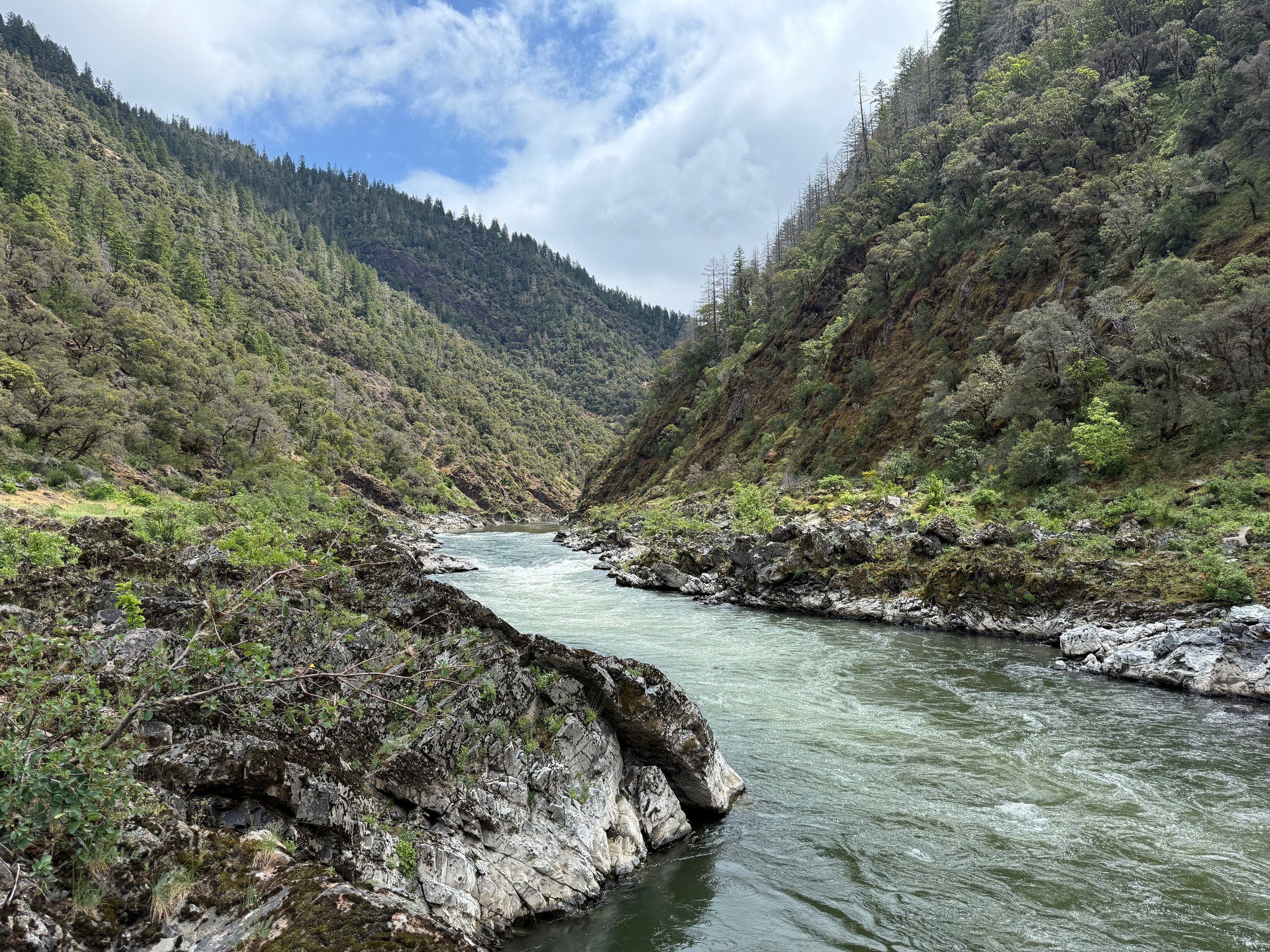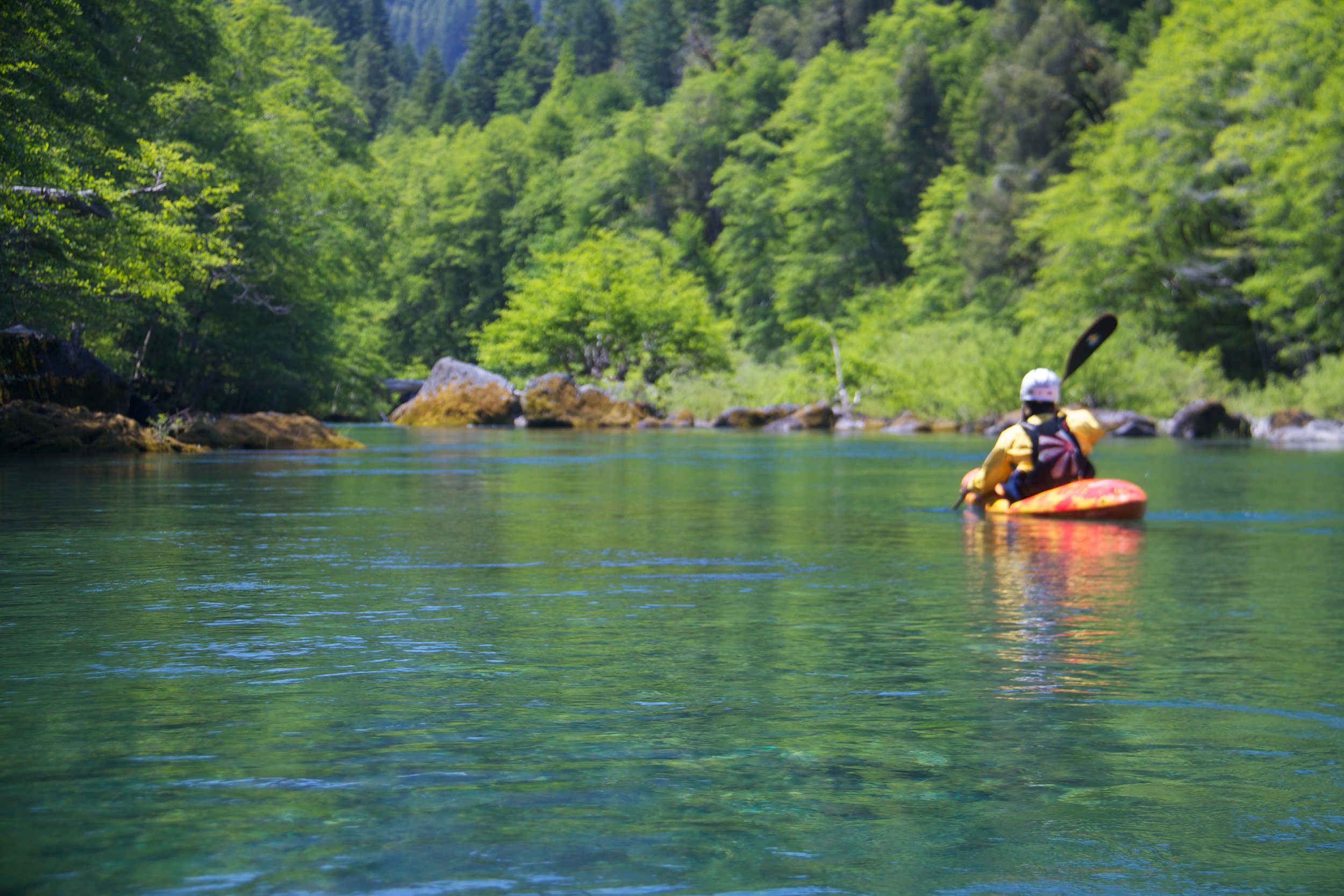June is National Rivers Month! Many people may not realize this, but our little corner of the U.S. boasts more Wild & Scenic Rivers than anywhere else in the lower 48 states. Click to learn more about the special waterways of the Klamath-Siskiyou bioregion.
Read MoreDespite a 2017 ruling by the Obama Administration to put a 20-year moratorium on mining in the headwaters of the North Fork Smith River and Illinois River, a new mining company has emerged with plans to mine for nickel in the Baldface Creek watershed. Read more about KS Wild’s work protecting this region from mining here.
Read MoreTo be the eyes and ears of public lands defense requires KS Wild’s ForestWatch staff to be diligent in how we approach the scope of our work. Read about our plans for 2020, which defending public lands in a number of vital ways.
Read MoreThe U.S. Senate passed the Natural Resources Management Act (S. 47), including the Oregon Wildlands Act (S. 1548), the Frank and Jeanne Moore Wild Steelhead Act (S. 513/H.R. 1308), and the reauthorization of the Land and Water Conservation Fund,. The package now heads to the U.S. House where we are hopeful it will pass and be signed into law.
Read MoreFew experiences are more evocative of the Pacific Northwest than the sight of a salmon leaping a waterfall. People gather to watch as they make their way to ancestral spawning grounds each year at Rainie Falls on the Rogue River or the mouth of Wooley Creek on the Salmon River. Some rivers of the Klamath-Siskiyou are strongholds for wild salmon, including the federally listed Northern California/Southern Oregon Coho Salmon
Read MoreWe are celebrating the recent victory to protect some of our most prized rivers from proposed industrial strip mining for a period of 20 years. We are hopeful that this victory will stand, even in the Trump administration.
Read MoreWhile most Americans cherish the idea that public lands belong to and benefit all of us, corporate timber, mining and grazing interests have long sought to privatize public lands in order to maximize profits to their respective industries. While subsidized logging, mining and grazing occur on the vast majority of public lands, these extremists bristle at the idea of there being any rules regarding their exploitation of our forests and rivers.
Read MoreRegularly visited by botanists, it boasts the highest wildflower diversity in Oregon. Fisher folk appreciate the habitat it provides for steelhead and cutthroat trout, and it is well known by locals for always running clear. Before entering the Wild and Scenic Illinois River, it flows through a rugged, beautiful wilderness landscape. Part of this area, the South Kalmiopsis Roadless area was recommended as an addition to the Kalmiopsis Wilderness in 2004.
Read MoreThe Klamath-Siskiyou region is home to the largest expanse of wildlands on the West Coast. Some of these pristine wild areas are protected under the Wilderness Act as Wilderness Areas, but many other wilderness-quality lands are unprotected and face a variety of threats including logging, road-building, over-grazing, and irresponsible off-road vehicle use.
Read MoreThe mountains of the Kalmiopsis emerged from the ocean floor as result of geological uplift (rather than volcanism) and have been subject to folding and faulting ever since. As a result, the unique soils are packed with heavy metals including nickel, iron, chromium, and magnesium that make life hard for most plant life. To survive in this environment plants have had to evolve and adapt to get by in circumstances that would normally kill most flowering species. More than any other wilderness in the region, the Kalmiopsis is the home of oddball survivors.
Read More








